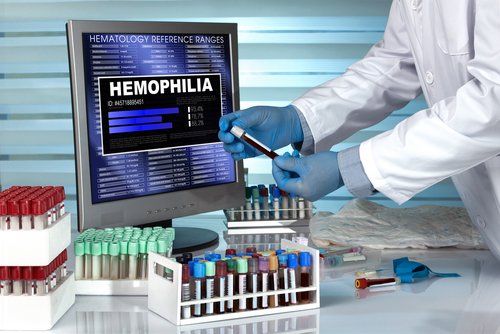FDA Grants Special Designations to Sangamo for Hemophilia Gene Therapies
Written by |

Two gene therapies from Sangamo Therapeutics for hemophilia A and B have been granted special regulatory designations by the U.S. Food and Drug Administration (FDA).
Sangamo said in a press release that the FDA has granted orphan drug status to SB-525 gene therapy for hemophilia A, providing the company with incentives to advance development and commercialization of the therapy.
The SB-525 gene therapy program uses an adeno-associated virus (AAV2/6) cDNA human factor VIII construct. In preclinical studies, it appeared significantly more potent than other AAV-based cDNA constructs being evaluated to treat hemophilia A. The treatment could allow clinically relevant levels of factor VIII protein to be reached using a lower dose.
In January, the company announced that the FDA approved its investigational new drug (IND) application for SB-525, a necessary first step in conducting clinical trials. Sangomo is starting a Phase 1/2 trial (NCT03061201) designed to evaluate the safety, tolerability and time-course profile of FVIII activity levels with different doses of SB-525 in patients with hemophilia A.
The company also said the FDA has granted fast track designation for its SB-FIX in vivo genome editing treatment for hemophilia B. This designation facilitates the development and expedite the review of the therapies for patients with an unmet clinical need for new treatment options.
The company’s SB-FIX is the first in vivo genome-editing product to enter the clinic, and is being tested in a Phase 1/2 clinical trial (NCT02695160) to treat severe hemophilia B. The trial is currently recruiting patients. The FDA had previously granted SB-FIX with orphan drug status.
“Our four early clinical programs are focused on rare diseases for which new treatments are sorely needed, and we are gratified to work closely with the FDA as we advance these novel genomic therapies in human studies,” said Sangamo CEO Sandy Macrae.
The company said the FDA has also granted rare pediatric disease (RPD) designation to its SB-913 in vivo genome editing treatment for mucopolysaccharidosis type II (MPS II), as well as for its SB-318 in vivo genome editing treatment for mucopolysaccharidosis type I.


